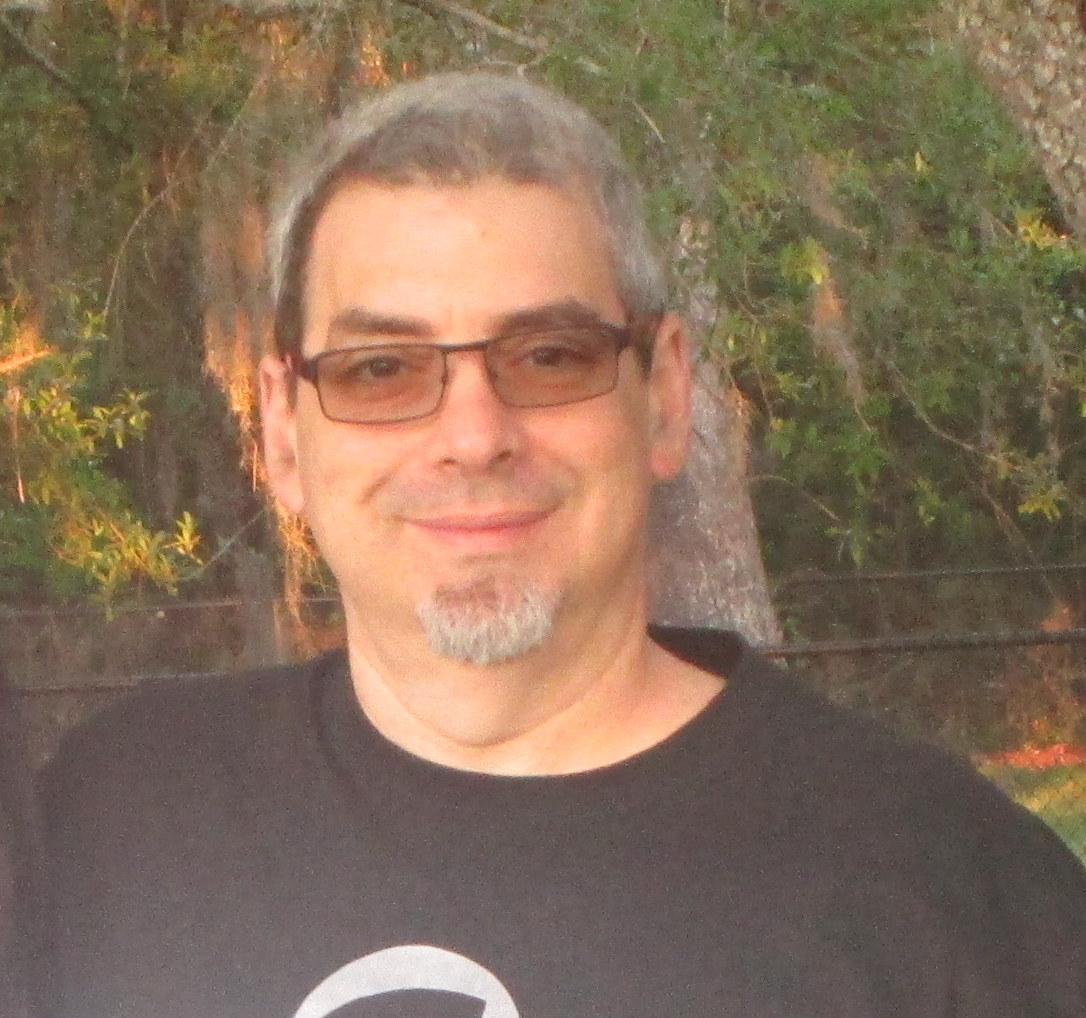The day I was moved from intensive care to the neurology ward, was the day I fell apart.
The prior week, I was hospitalized an hour after an MRI, told by a surgeon I had a tumor pushing on my brain that required surgery (not a good thing apparently), and that I had a 50/50 chance of having a stroke or dying during said surgery.
I took the news like a boss (as the young people say) and did not panic.
I remember watching a specialist put a tube in my arm and pushed it into my chest. I watched the screen they used to guide the tube with the indifference. I remained calm even when they wheeled me off to the operation area.
I was like a monk deflecting emotional attacks with my spiritual kung fu.
And then…..
Three days after surgery, I was transferred to a private room in the neurology ward of the hospital. After visiting hours were over, my family left. I was alone in my room. My right eye was swelled shut, and I had gauze covering the staples that held my scalp together. As the hours passed, I went from a Zen master to a complete mess. I cried for hours as it dawned on me that I had almost died and had to live with a brain tumor for the rest of my life. The only thing that kept me from having a complete meltdown was my fear of the staples in my head busting open.
My story illustrates how important mental health can be for brain tumor survivors.
Unfortunately, no one wants to talk about mental health and brain cancer. These issues become the proverbial elephant in the room.
Our society has a lot of trouble talking about psychological and emotional problems. What is more unfortunate, is that up to 75 percent of people suffering from mental health do not seek treatment because of stigma. This is a big problem for our society and an even a bigger one for cancer survivors.
Research conducted by the Journal of Clinical Oncology found that one in three people with cancer deal with depression, anxiety and adjustment issues. There were over 2000 participants enrolled in the study and who knows how many didn’t report symptoms due to stigma.
Brain cancer has an additional layer of mental health concerns. A 20 year study conducted by the University of Washington discovered that people with head cancer had 4X the rate of suicide when compared to the general population (side note: this study does not consider the horrific suicide problem our military is facing right now). Another conclusion of this study was that more research is needed to understand brain tumors and depression.
How frightening is it that a 20 year study concluded that brain cancer patients have a higher risk of suicide, and there is not enough research on this issue?
It seems like even the medical community avoids talking about mental health issues that occur with brain tumor survivors. I do not think I have been asked once about how I am feeling emotionally/psychologically since my diagnosis.
This problem is not easily solved. I can give you information about cognitive techniques, the impact of nutrition, and so on, but who is going to want to hear that in the middle of a panic attack? What about a person who does not have a strong support system? If a person cannot see or refuses to acknowledge a problem, how can it be solved?
I can tell you, from personal experience, the more you suppress depression and anxiety, the worse it gets.
So, what can be done?
If you are dealing with a loved one suffering from tumor-related issues, NAMI (National Alliance on Mental Illness) suggests you use language that separates the person from the condition. A person with a brain tumor is not the tumor itself. A person who is dealing with depression, is not “crazy” or “weak,”; they are just in pain. Stigma cannot survive in the light of love and acceptance. It relies upon tricking a person into false beliefs.
If you are a person who is a survivor and have suffered from mental health issues, you can help by being open about it with other survivors. This does not mean you need to go into a crowd and shout “Hey everyone, I have bipolar depression!”. Sometimes all another survivor needs to hear is that they are not alone with these issues.
If you are a survivor dealing with emotional issues and have made it through this article then congratulations, you are already aware that you need help.
Try and talk about how you are feeling in simple terms. Forget about words like “depression” and “anxiety” and focus on statements like “I feel sad.” Feeling sad is an expression of an emotion, while “I have depression” is a confining label. If you can seek out a support group or help from the many resources available for cancer patients. In a worse case scenario, most cities have a crisis line that can provide immediate counseling and support.
Sometimes, running away from a problem can be worse than the problem itself. It’s time we began talking about these issues openly and remove the stigma of mental health conditions.
Author: Andrew Langerman
Apprentice Editor: Carlene Kurdziel / Editor: Renée Picard
Image: Ryan Melaugh/flickr







Read 2 comments and reply